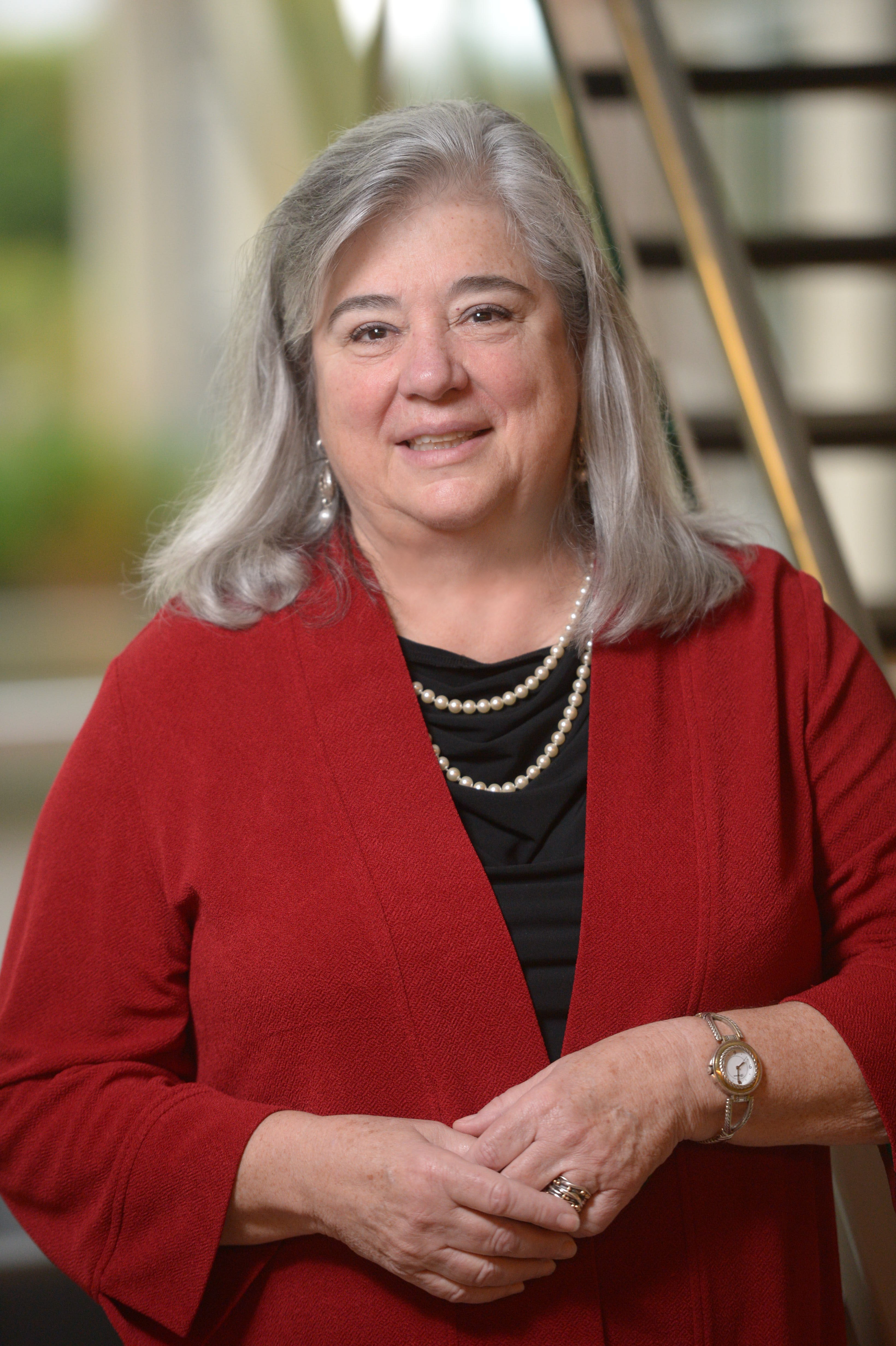You can’t reach for anything new if your hands are full of yesterday’s junk.

While looking for an image for a presentation, I came across this quote on a picture of a woman whose hands were more than full. It captured the message I was going to be giving. The world of health care, specifically cancer care, continues to evolve rapidly from an array of forces outside of our control. However, in that swirl of change, we have the opportunity to evaluate any resulting barriers or challenges to patient care and to design and implement solutions. To do this, to be creative, to innovate, to problem solve, we may have to let go of things with which we are comfortable but are not of benefit in today’s world.
As we launched the ONS Center for Innovation, something a colleague from the tech industry said has been repeated more than once in the national office. In discussing whether ONS might go down a path it has never taken, tradition came up. He paraphrased this quote from Bob Iger: “You can’t allow tradition to get in the way of innovation. There’s a need to respect the past, but it’s a mistake to revere your past.”
When our hands are full, it is not possible to reach for something else, to innovate, or to create needed solutions. That is true for you, and it is true for ONS. Our hands are not full of junk, but we must free up space to go down new paths and develop what our members need to provide quality cancer care.
Our Center for Innovation will guide the development of new resources, projects, programs, and applications for ONS’s existing products as well as the creation of new, innovative ones that meet the needs of oncology nurses, both now and in the future. To reach for the new, we are evaluating our current inventory to determine what might need to end, be redesigned, or continue as is. This is not an easy process. Some of ONS’s products and resources were well used in the past—and still beloved by many out of nostalgia—but today valued by only a few. Agreeing to end something has to be done thoughtfully and respectfully. We are learning to assess our products and resources just as your organizations assess your service lines. At the same time, we are undertaking the new initiatives coming from our think tanks and other activities that bring members and staff together to create for the future.
Change is a constant; innovation can be a partner. Your Board and the ONS staff are committed to guiding ONS as an agile organization that leads in creating solutions to the challenges nurses face in providing quality cancer care. We will respect our past but not revere it.






